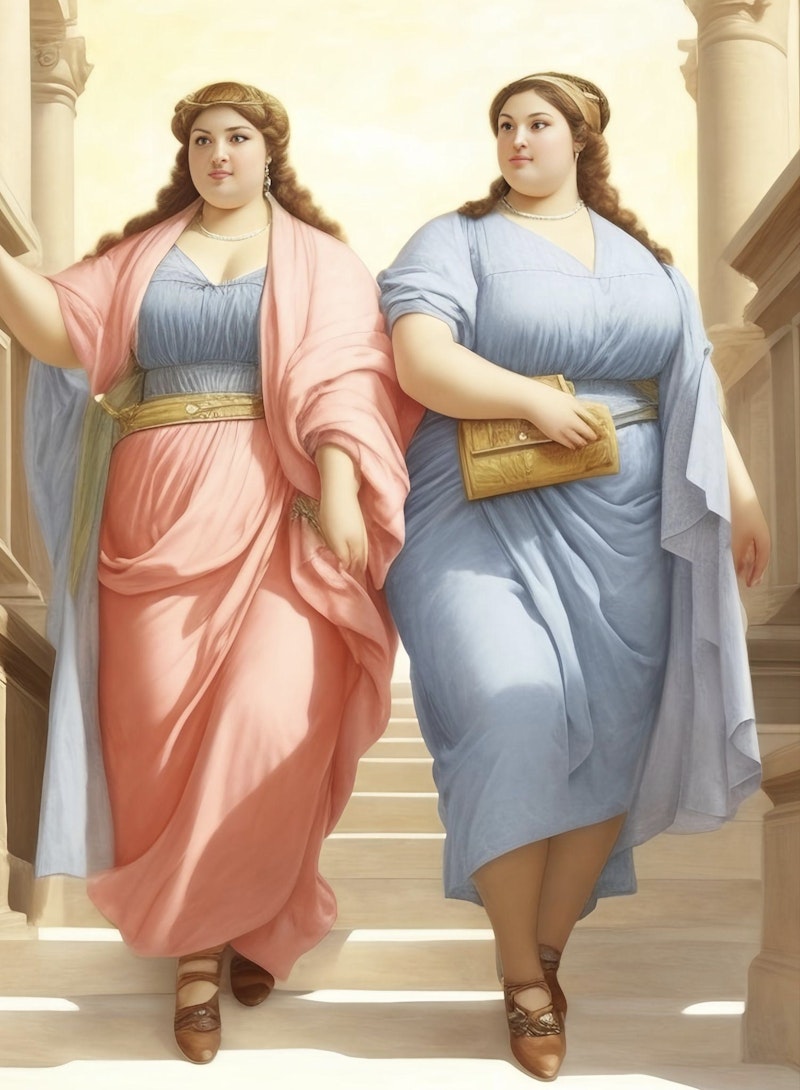In today's whirlwind world of posts, likes, shares, and rapid-fire responses, the depth and meaning of constructive criticism have been buried under the avalanche of fast-twitch digital interactions. While social media has “democratized” voices in some crude sense, offering platforms to many who might never have found one otherwise, it has simultaneously simplified—perhaps even rendered nugatory—the act of engaging in meaningful debate.
Take, for instance, this often-seen two-step tango in the face of criticism online:
• The "cry bully" approach, where critics are fiercely accused of bad intentions, including wishing physical harm or even death upon the subject. Almost always, there’s no evidence to support such claims beyond merely saying it, but if you’ve got a big enough following, saying it makes it so.
• The self-validating response, where any criticism received is twisted into a badge of honor, suggesting the very act of critique implies the critic is an unoriginal boor devoid of substance or the criticized party is beyond reproach.
These shortcuts to deflecting negative feedback are easy exits along the high-speed expressway of social media debates, comparable to the “Gish gallop” and other such time-tested discursive off ramps. Their overuse represents the slow erosion of genuine, thoughtful dialogues. The very medium that purports to enable dialogue as part of its own marketing is ironically curtailing the desire for it while diminishing the ability to engage in it, as David Inman and I wrote here. Instead of championing a platform where individuals from different walks of life and perspectives can engage in meaningful conversation, it's as if the message has become: "Eff the possibility of mutual understanding!" In this brave new world, it’s every discursive “tribe,” “team,” or “poaster” for themselves.
Case in point: the trend where defenders rally behind public figures, claiming their favorites are beyond criticism. One recent assertion was made regarding noted philosophaster Bronze Age Pervert/Costin Alamariu, suggesting that Alamariu has sharpened his character and arguments to such a fine point that any critique of him inevitably sounds "insane, hysterical, or both." I’ve no specific critique to offer regarding Alamariu—he’s getting his before he gets got, playing out the string until his run is at an end, etc.—but this claim raises the question: how does one become “uncriticizable?” Is it through a façade of superficial complexity, leaving little for critics to grasp (a Lindy method, as Gilbert and Sullivan observed: “If this young man expresses himself in terms too deep for me/Why, what a very singularly deep young man this deep young man must be!”)? Or is it a result of some standpoint-based "you can't debate me because I’m [insert category]" position, delivered in the haughty manner of John Cena's signature "you can't see me" gesture? Regardless, the underlying premise here is problematic, to use an empty-yet-loaded term favored by all of today’s thirtysomething and fortysomething “kids.”
The belief that someone or something exists beyond the realm of criticism isn’t only fallacious but also detrimental to intellectual growth. Whether it's a flavorless brand of oat-based cereal or a sandpaper-like single-ply toilet paper roll, every entity is susceptible to scrutiny and open dialogue. By suggesting that something or someone is "beyond criticism," we're inadvertently halting the wheels of progress. Debate and discourse, even if they ruffle feathers, are essential to progress. In shunning or simplifying criticism, we risk stagnation.
For Socrates, the path to wisdom wasn’t through acceptance but relentless inquiry: “I am the gadfly of the Athenian people… and now, Athenians, I am not going to argue for my own sake, but for yours.” The Socratic method of questioning, a cornerstone of Western civilization, is built on the premise of challenging the accepted and probing deeper into the foundations of our beliefs. On the other side of the world, the foundational Daoist philosopher Zhuangzi pondered the nature of existence, dreams, and reality. He wondered if he was a man dreaming he was a butterfly or a butterfly dreaming he was a man. Zhuangzi's musings urge us to embrace the fluidity of perspectives—the very point of debate coaching of the sort I once did, for which the ability to advocate zealously on behalf of opposed positions is (or at least once was) considered the essential skill.
French philosopher Pierre Hadot described ancient philosophy as a "way of life." For him, philosophy wasn’t just theory but a practice intertwined with daily living: most ancient philosophers looked to extract the practical consequences from their theoretical speculations, believing that what we think should alter how we live. In the context of our debased digital discourse, do we need to reevaluate our approach? Rather than looking for exit strategies from criticism, we should be inviting it, practicing daily the art of thoughtful debate and reflection.
The unexamined belief, character, or idea quickly dries up like a raisin in the sun. No entity should be allowed to exist in a vacuum, impervious to critique. For in these critiques, in these examinations and reflections, we each experience growth, understanding, and a deeper connection to the world around us. As we navigate the “take it personal and make it personal” landscape of digital discourse, it's paramount to remember that genuine dialogue and constructive criticism shouldn't be casualties in our haste. Embrace the debate, welcome the critique, and remember that every carefully-rendered argument—no matter how critical—helps us plodding mediocrities better understand the confusing, chaotic universe in which we cohabitate.

